On the afternoon of November 27, the National Assembly discussed the draft Law on Special Consumption Tax (amended). The draft law maintains the regulation of imposing a 10% tax on air conditioners with a capacity of 90,000 BTU or less as in the current law.
Many delegates commented on this content and suggested not to impose tax on this item.
Delegate Ha Sy Dong ( Quang Tri ) said that air conditioners have been subject to special consumption tax since 1998 at a rate of 20% and reduced to 10% in 2008. "Previously, air conditioners could be considered a luxury item. However, with the development of society, air conditioners have now become an essential need," Mr. Dong said.
Delegates cited research that shows that maintaining a suitable room temperature is very effective in improving mental labor productivity. This is especially meaningful for Vietnam when it has a current orientation of developing a knowledge-based economy .
He cited that Singapore also has a hot and humid tropical climate like Vietnam but has been very successful in using air conditioning to improve the quality of life of its people as well as develop a knowledge-based economy.
"Other countries control air conditioners in two other aspects, one is the control of refrigerant solvents, and the other is the level of electricity consumption," he analyzed and proposed to abolish this tax on air conditioners.
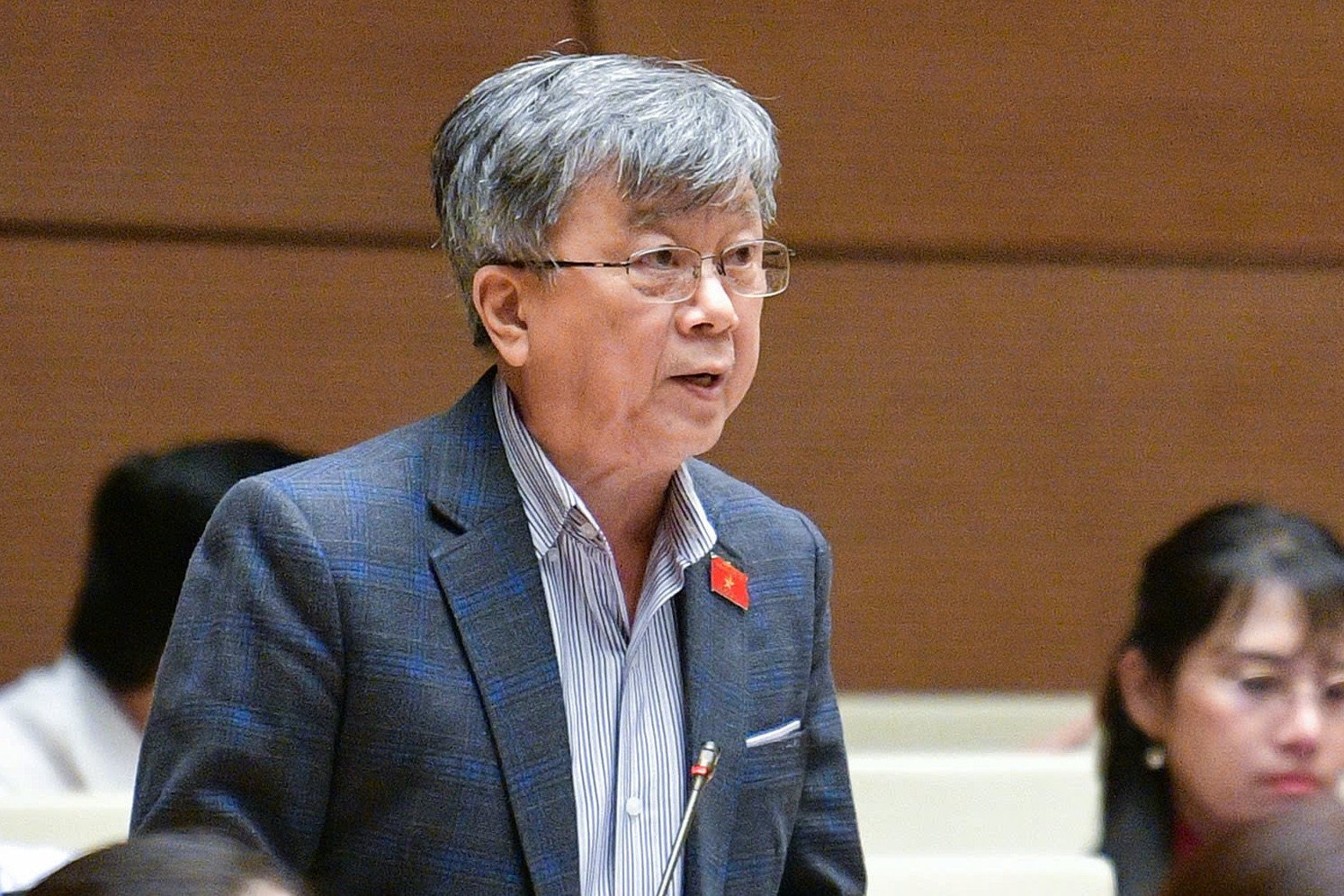
Delegate Truong Trong Nghia (HCMC) said that "air conditioners are not at fault", using this product is to serve a better life for people's health, especially the elderly and children.
Therefore, Mr. Nghia disagrees with the tax on air conditioners and suggests that there should be instructions for people on how to use them, not taxes.
Delegate Pham Van Hoa (Dong Thap) emphasized that air conditioners are essential goods, so if tax is imposed, they will not be used, it is no different from returning to the "stone age", while this increase does not bring much money to the budget, is annoying to people and is not suitable for business operations.
Delegate Nguyen Thi Viet Nga (Hai Duong) also said that this is no longer a luxury item, even low-income housing areas have installed air conditioners to serve their daily lives, so she suggested that this regulation should be considered for removal.
Meanwhile, delegate Trinh Xuan An (Dong Nai) said that special consumption tax should be applied to special and luxury goods to regulate consumption. Tax should be avoided on purely goods such as air conditioners, tobacco, etc., so it should be reviewed and adjusted accordingly.
Mr. An also noted that it is necessary to assess the impact on the business environment of enterprises, and that this tax law cannot be used as a tool to manage health and the environment.
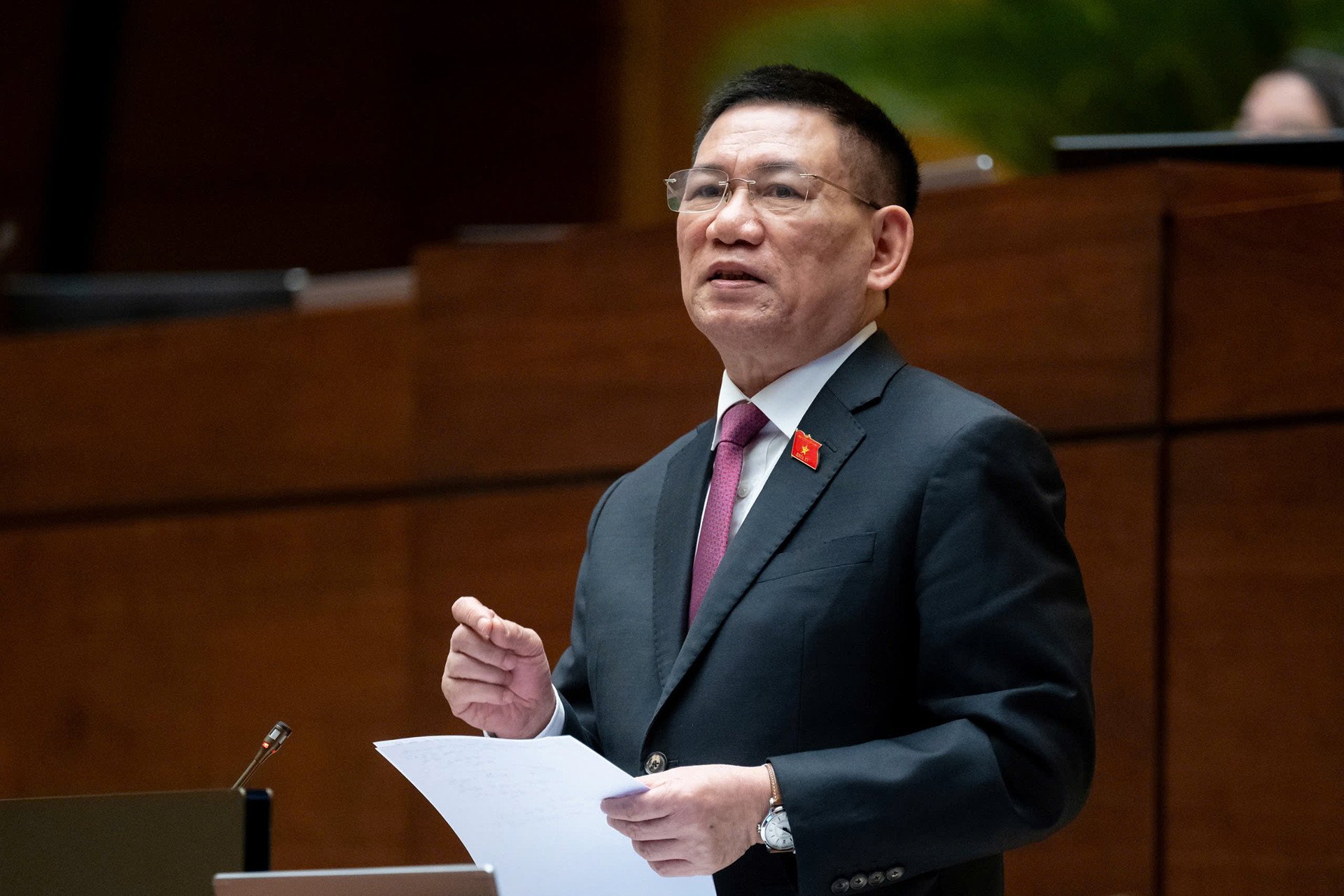
Speaking afterwards, Deputy Prime Minister and Minister of Finance Ho Duc Phoc said that in the world, taxes on air conditioners have also been calculated, such as in Korea, Norway, Spain or the UK, air conditioners below 27 degrees must be taxed...
The Deputy Prime Minister agreed with the delegates' opinions and affirmed that he would accept and amend them appropriately; review and amend the subjects of air conditioner products subject to tax rates in different tax schedules.
For example, air conditioners using renewable energy from the sun and wind will not be taxed. As for air conditioners in general, because this is an item that consumes a large amount of electricity, affects climate change, and is harmful when used, taxes will be applied.
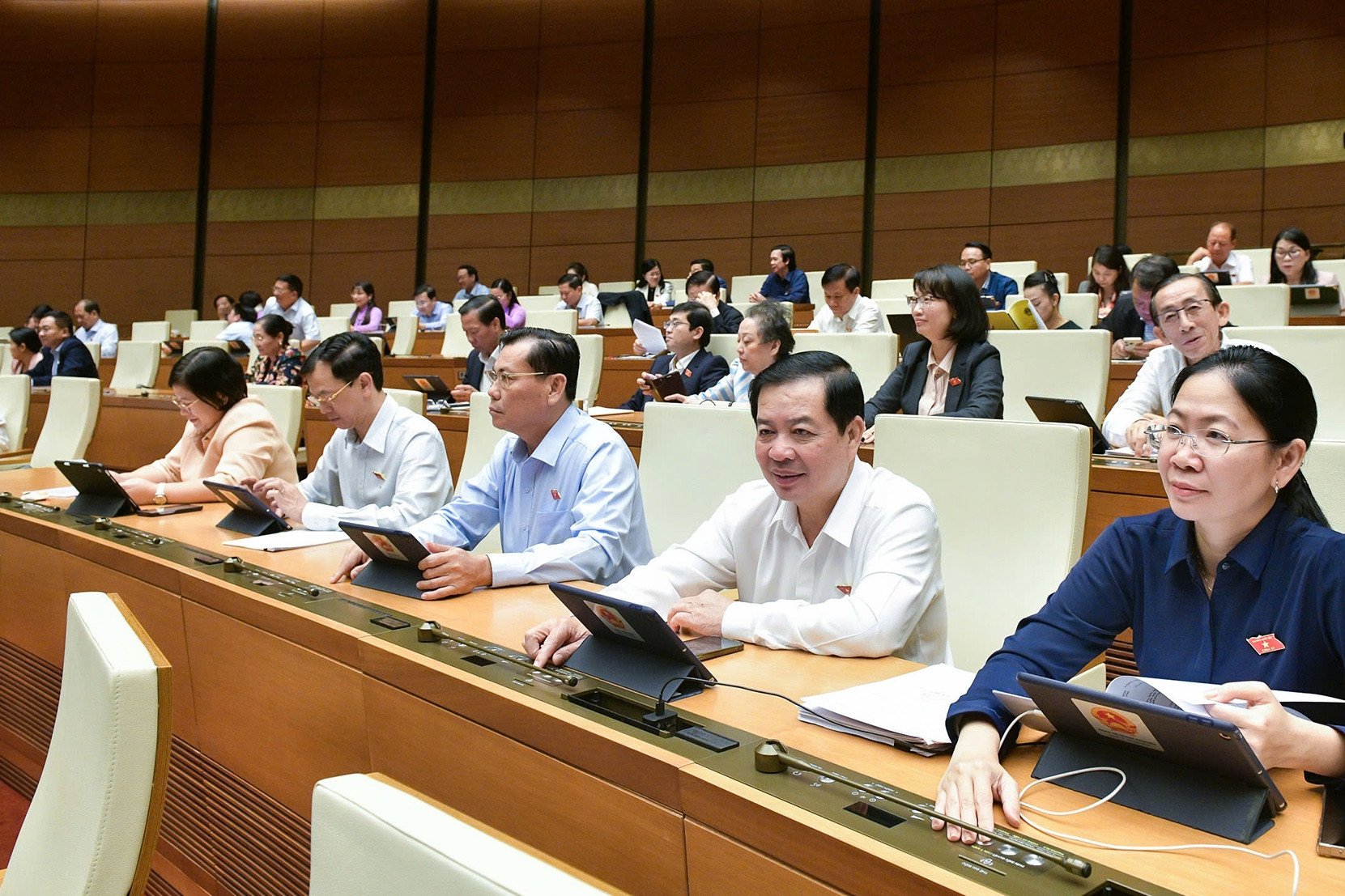
Individual business households with revenue under 200 million VND are exempt from VAT.
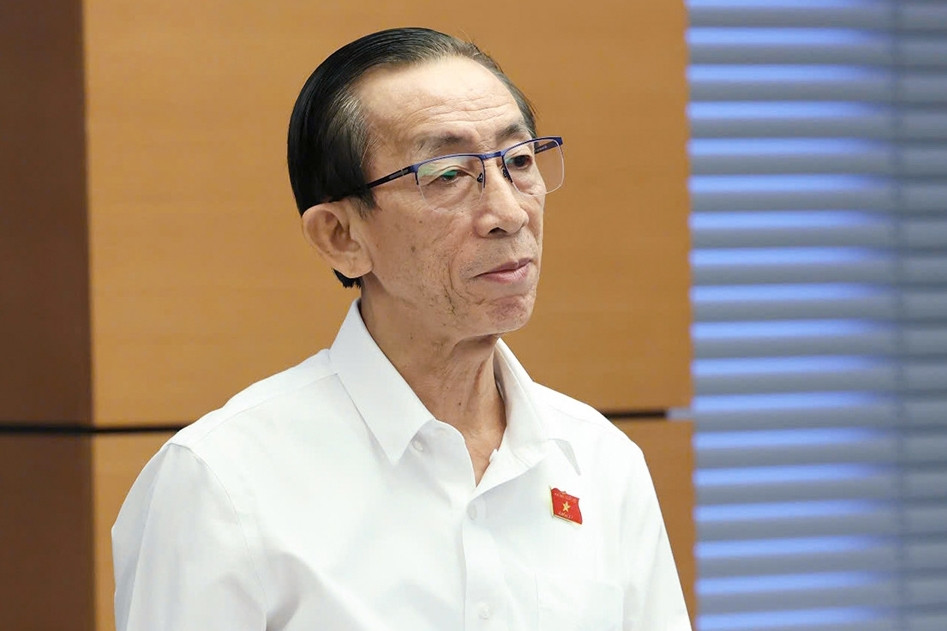
Increasing tax on beer needs a roadmap to avoid 'shocks' for businesses
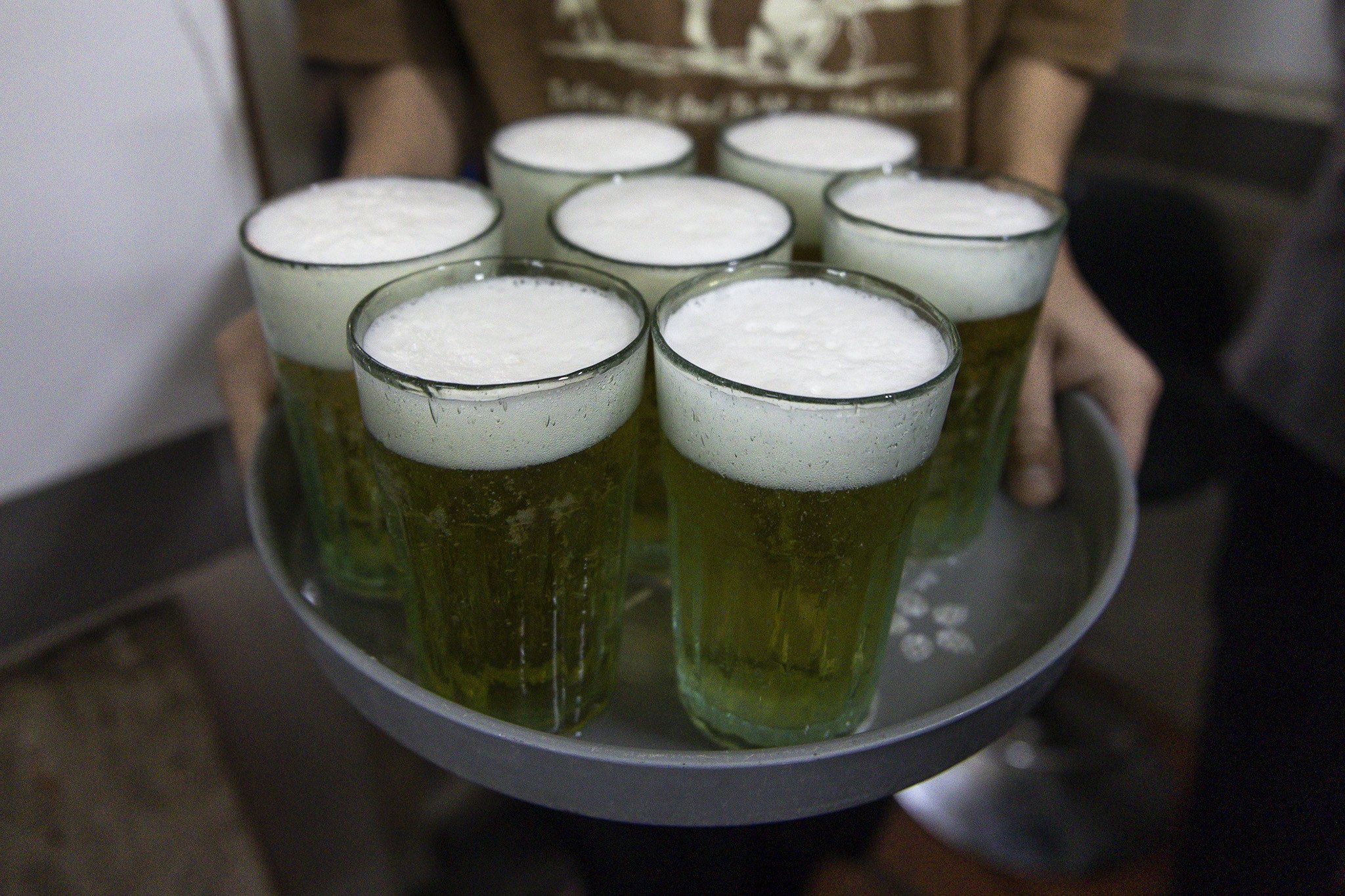
Submit to the National Assembly a plan to increase taxes on alcohol, beer and cigarettes
Source: https://vietnamnet.vn/nguoi-thu-nhap-thap-cung-dung-dieu-hoa-sao-danh-thue-tieu-thu-dac-biet-2346244.html




![[Photo] General Secretary To Lam attends the 80th anniversary of Vietnam's diplomacy](https://vstatic.vietnam.vn/vietnam/resource/IMAGE/2025/8/25/3dc715efdbf74937b6fe8072bac5cb30)




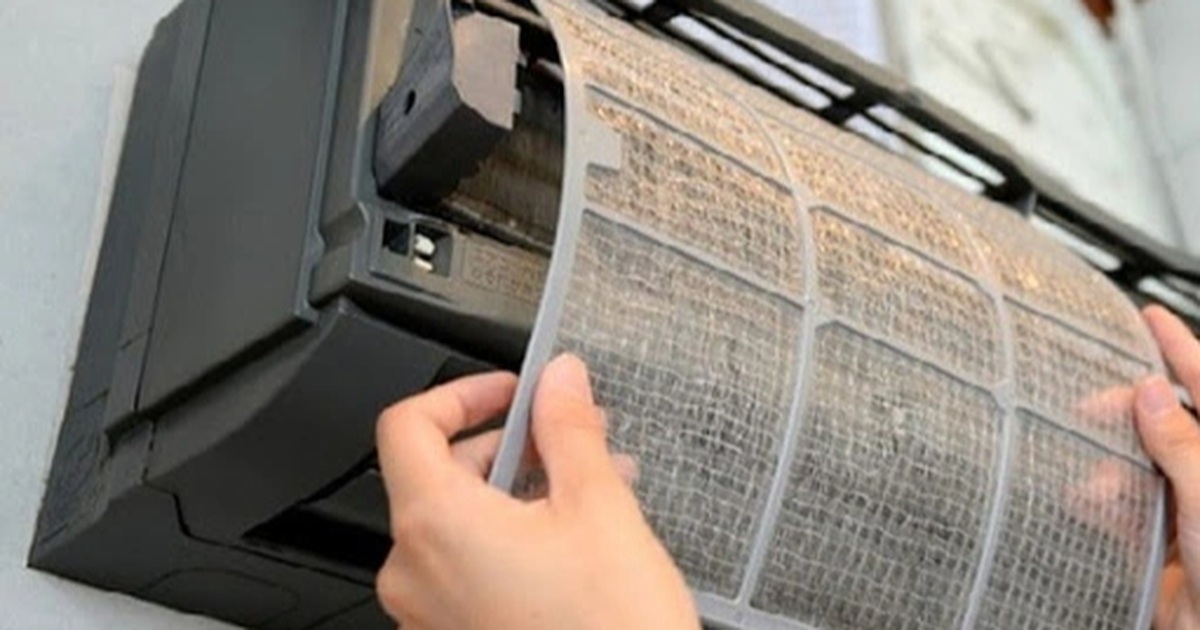

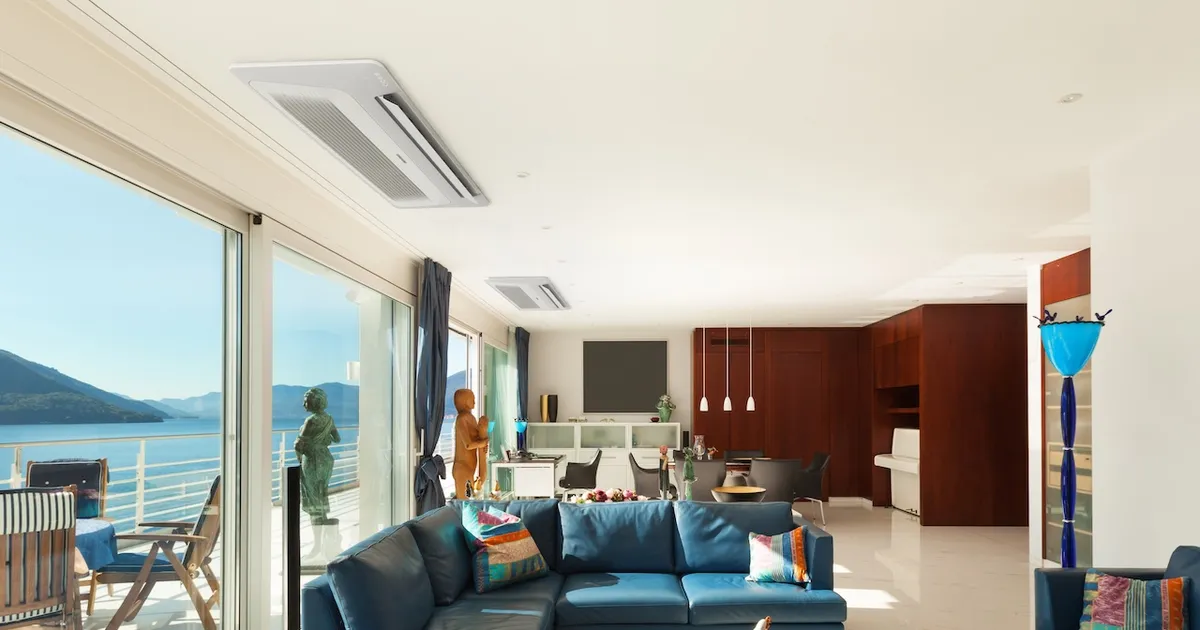

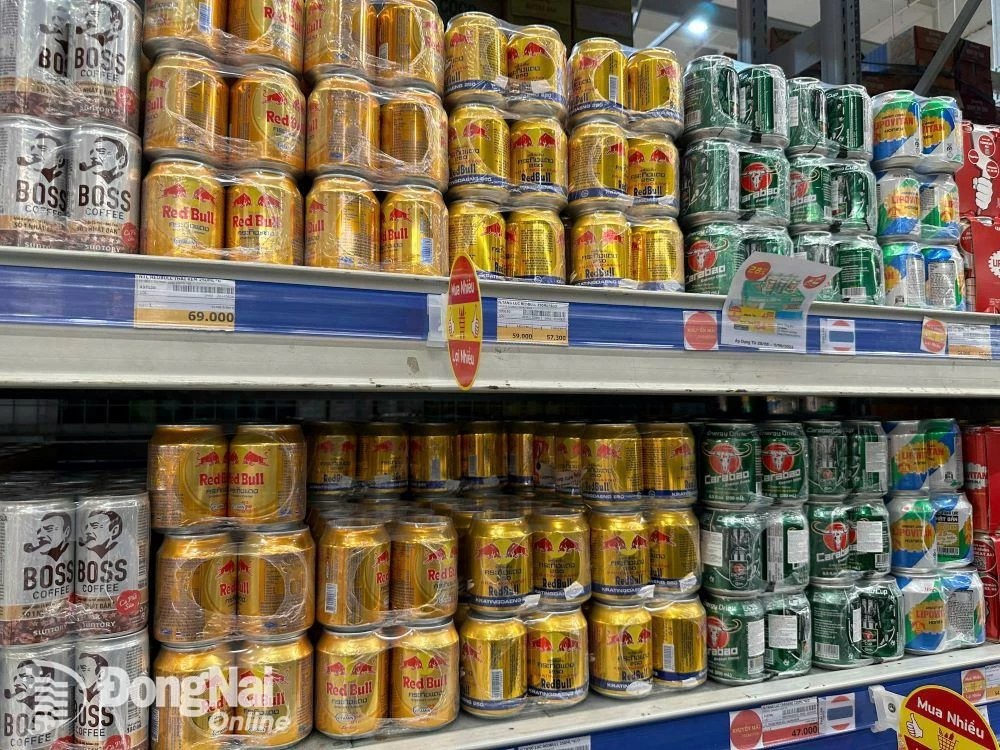

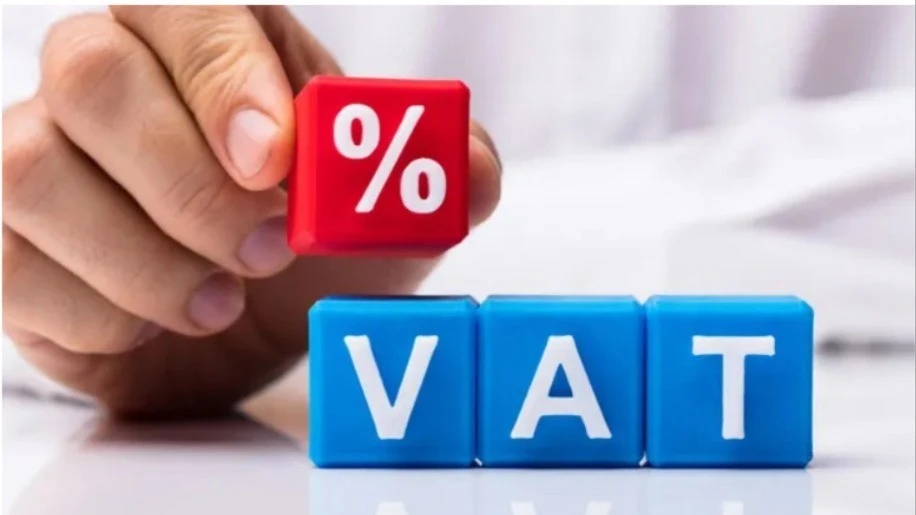

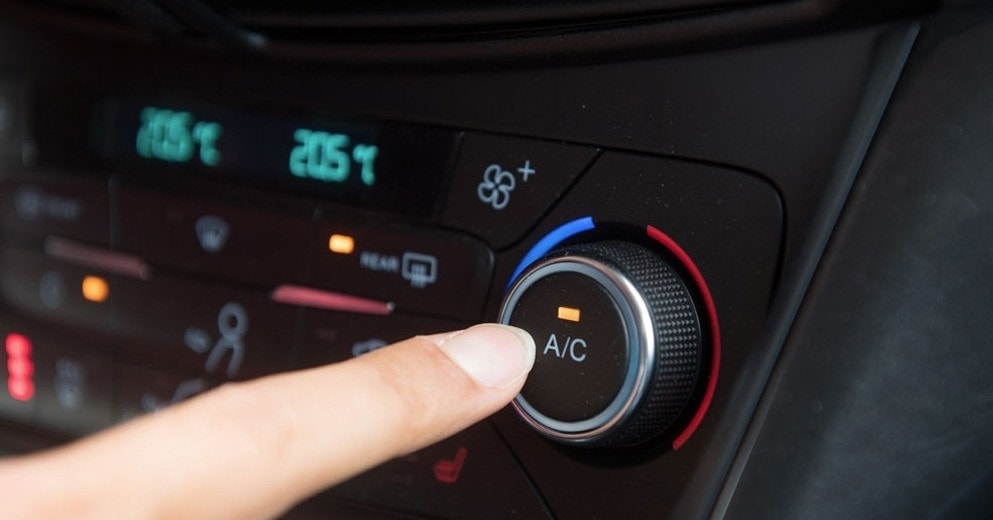

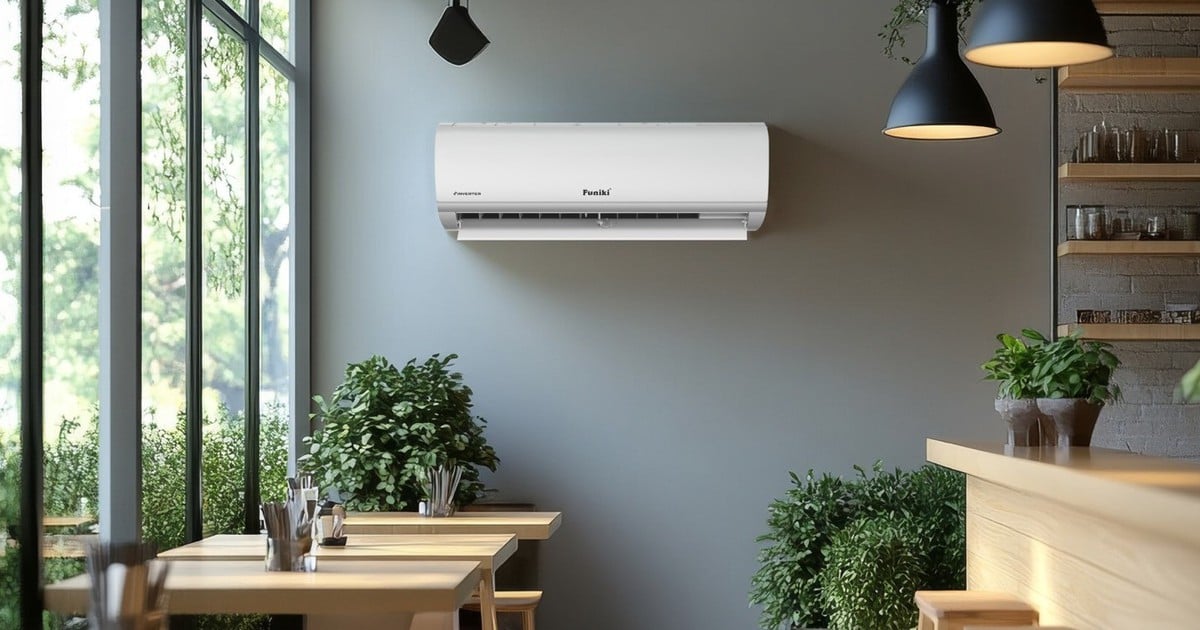

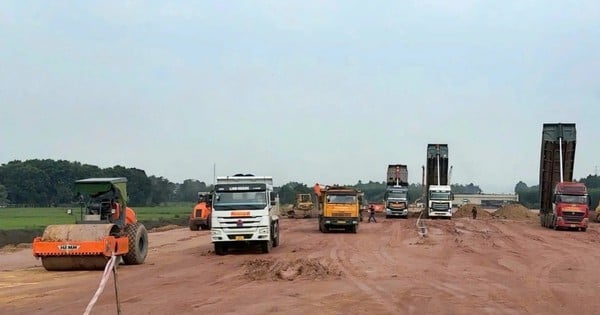


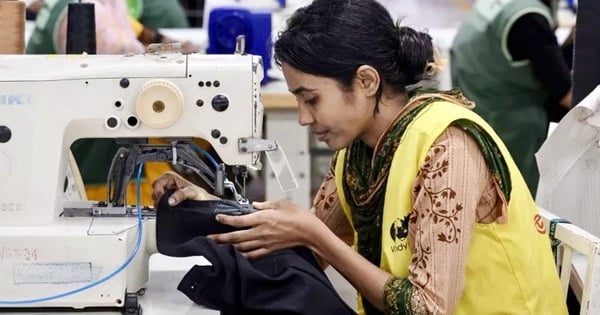

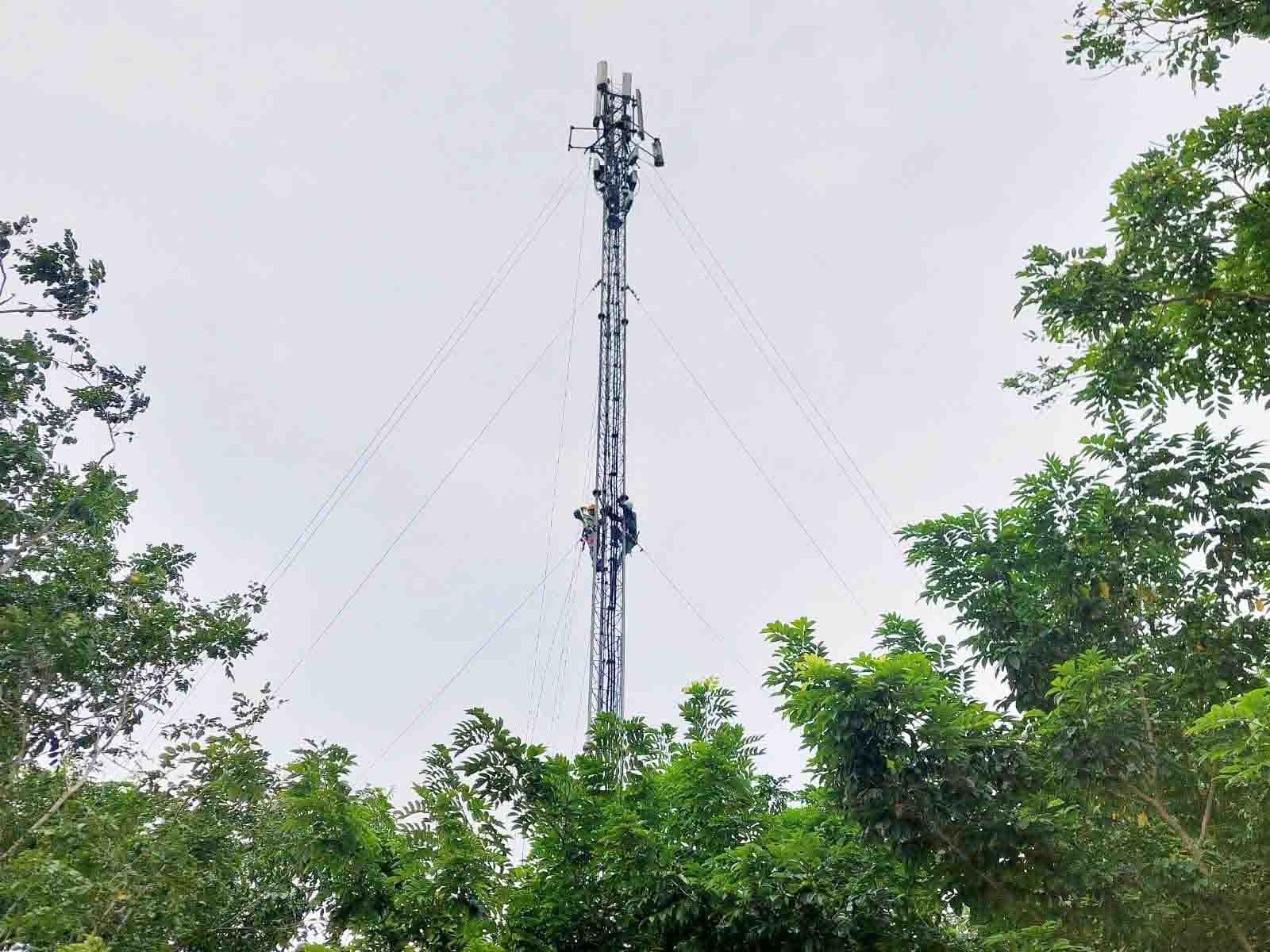








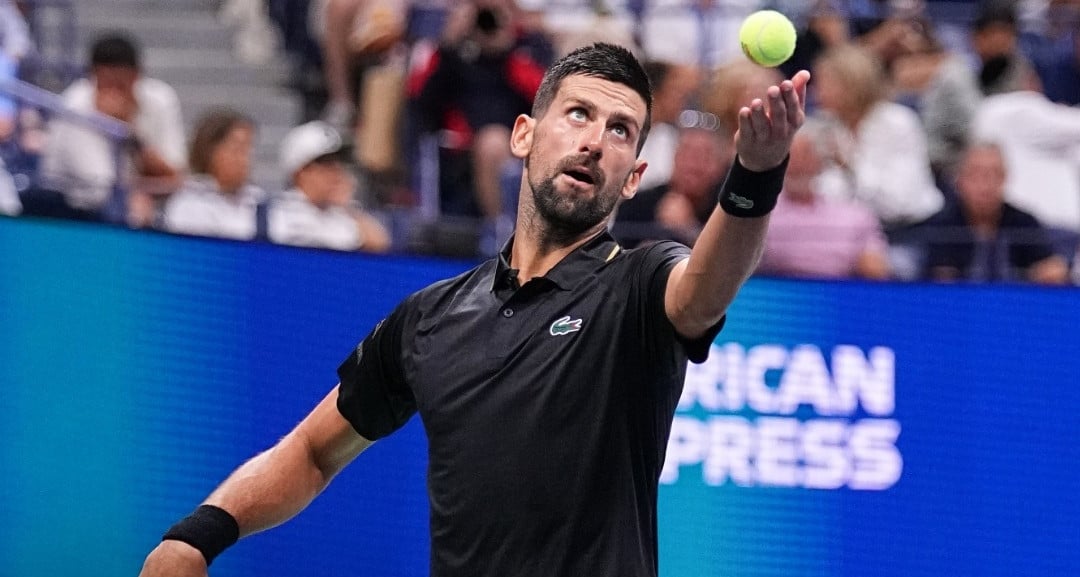
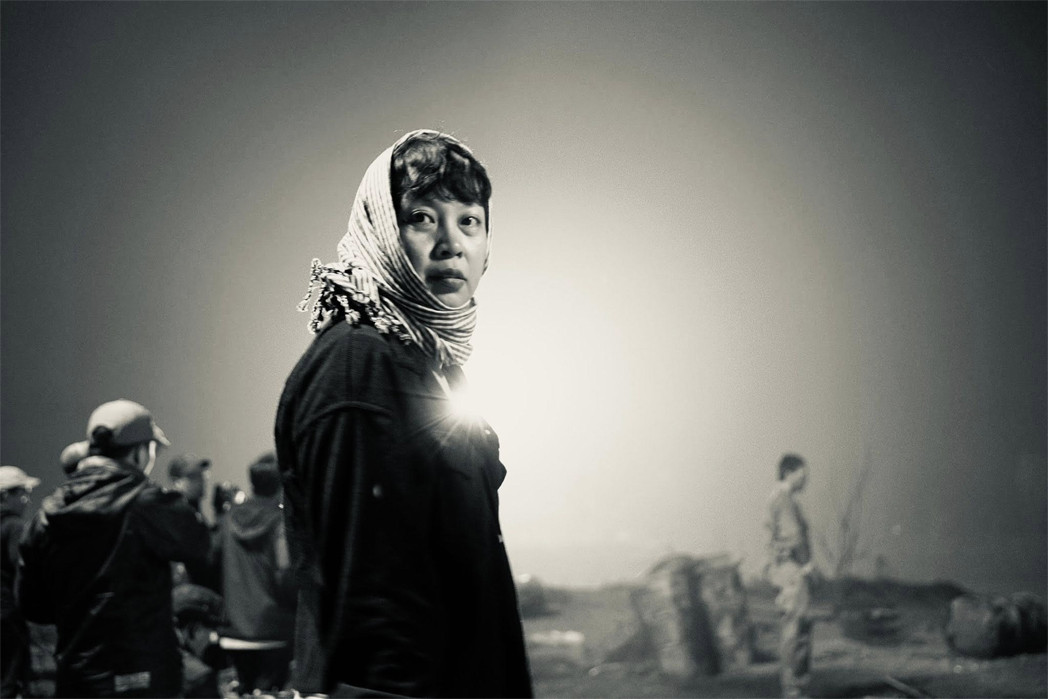
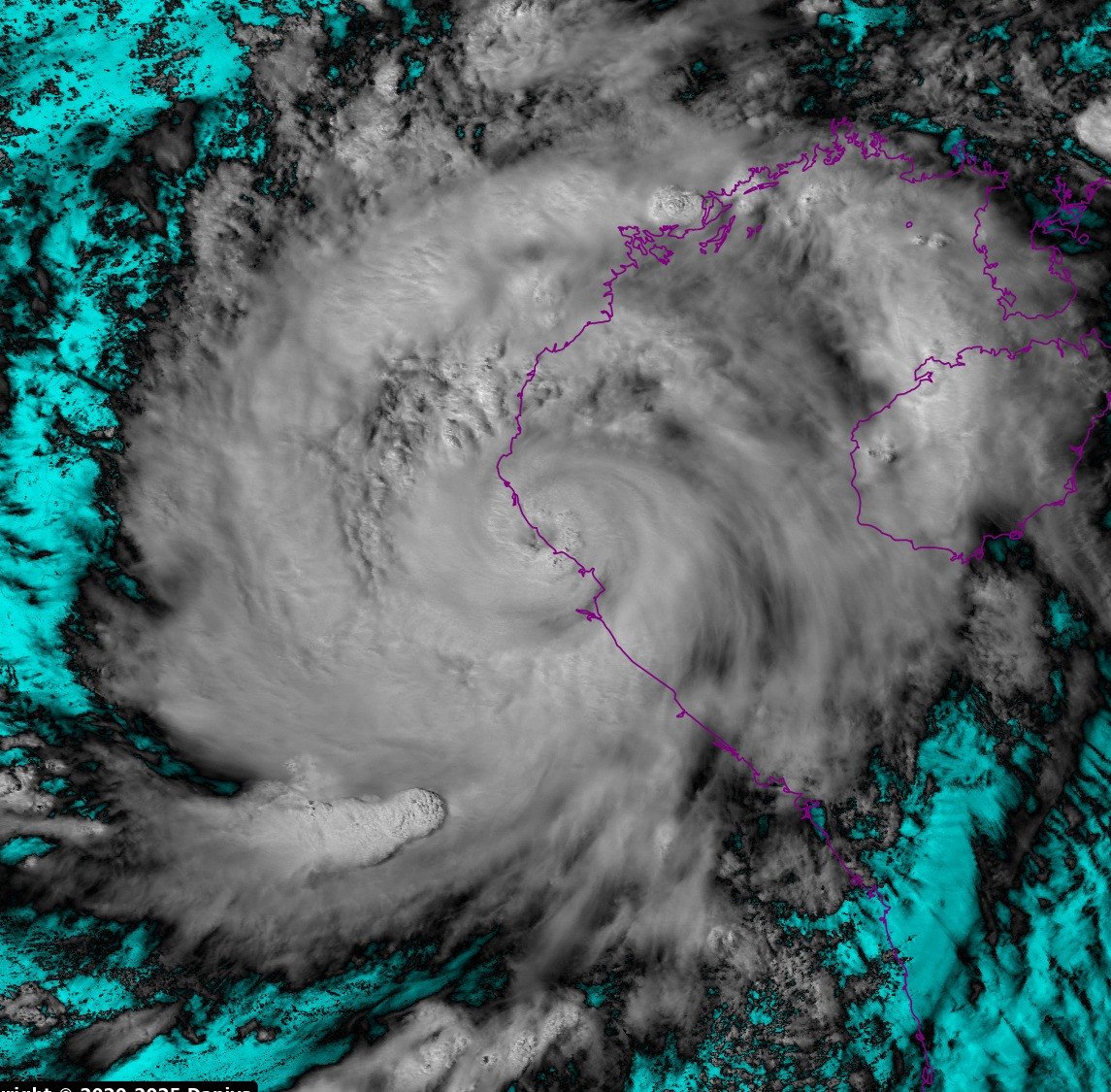
















































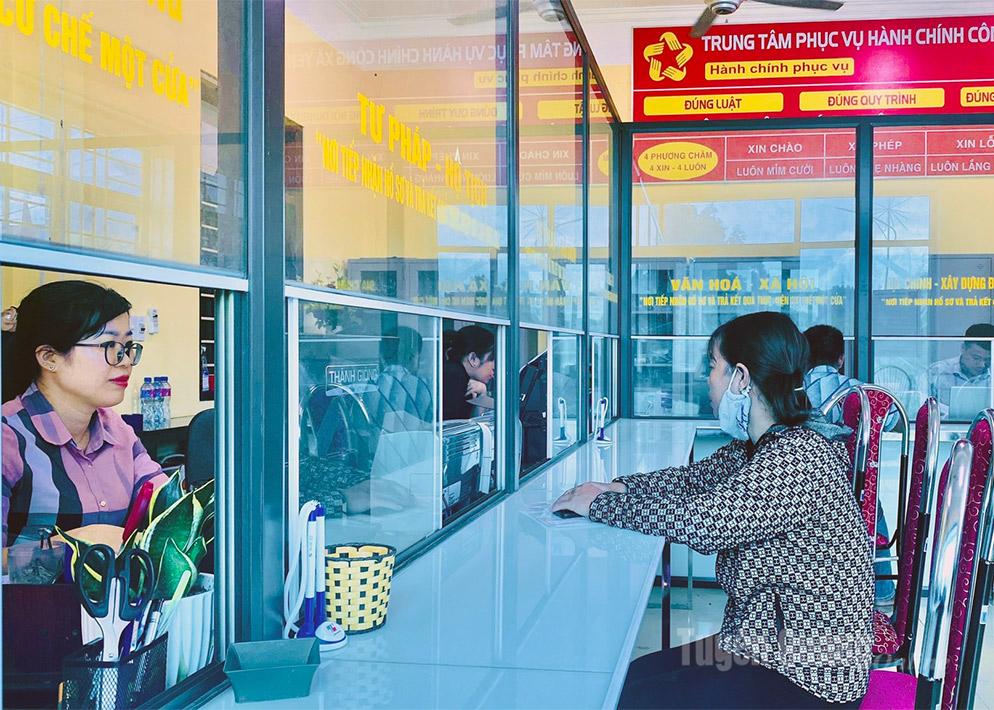

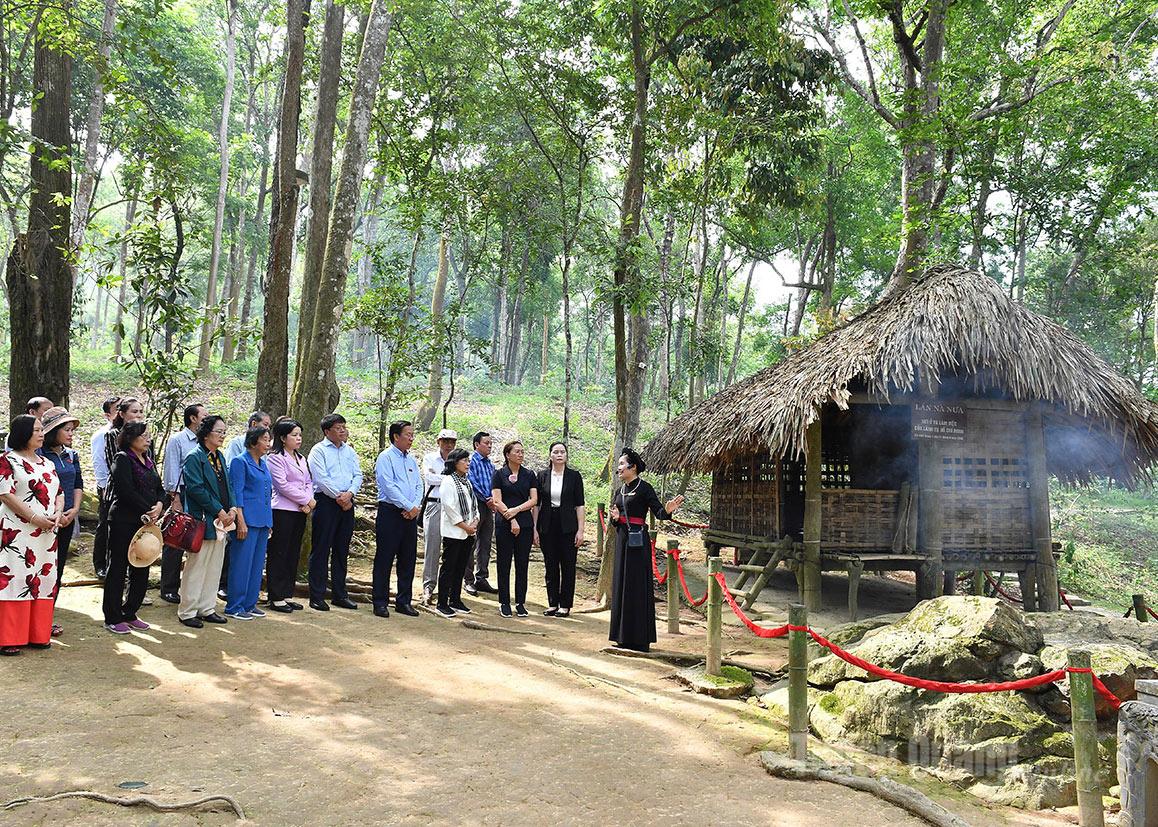
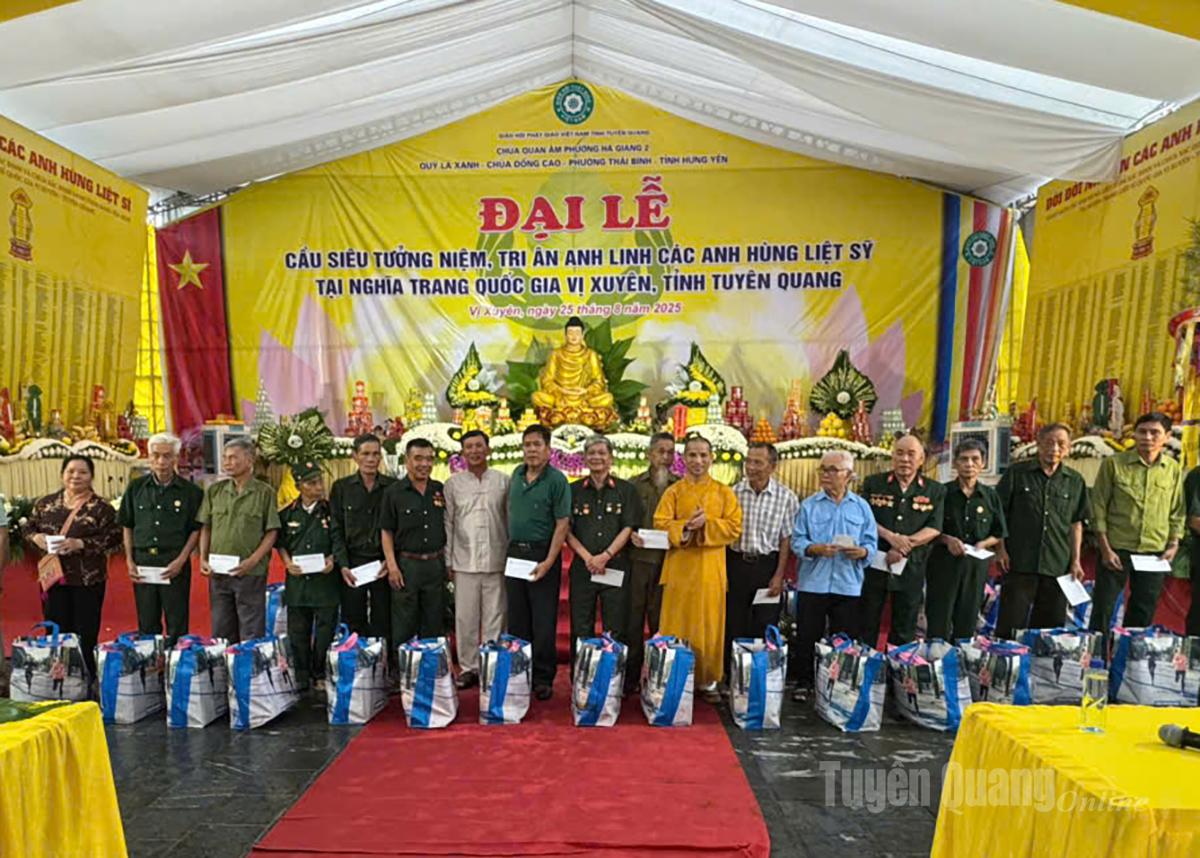
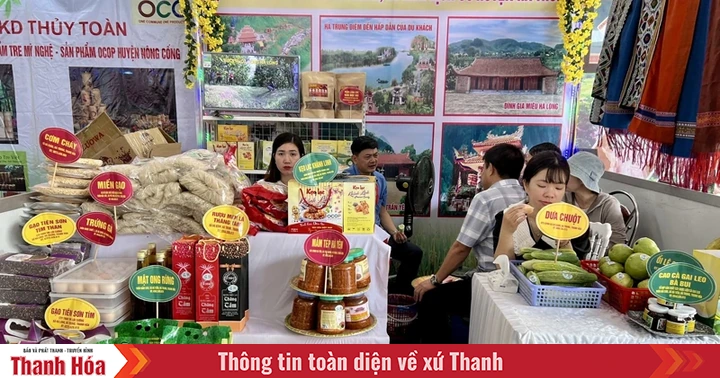

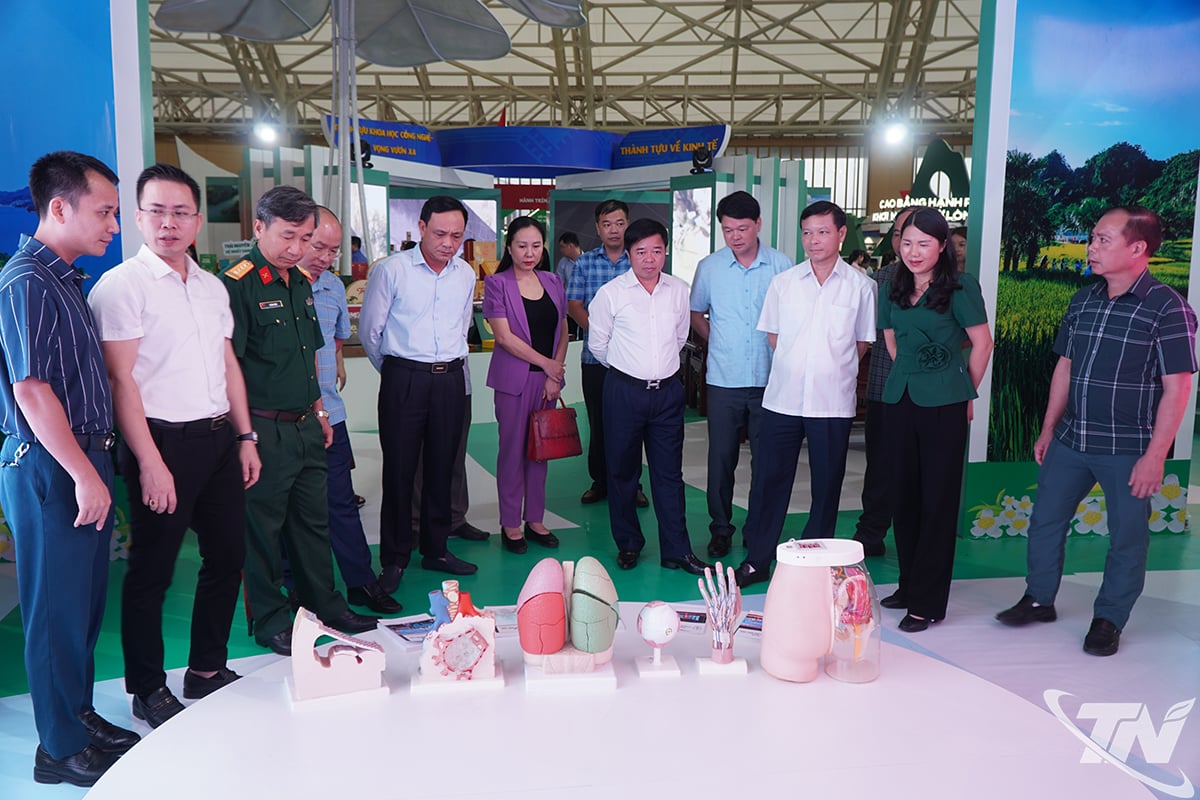
















Comment (0)